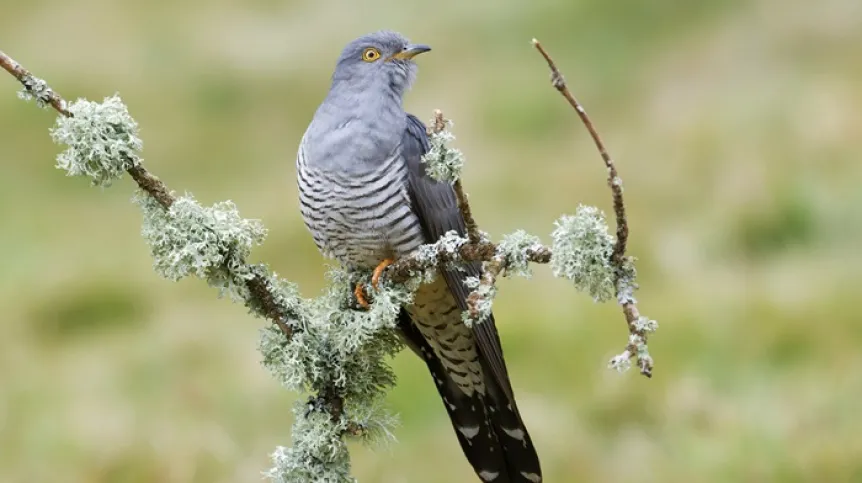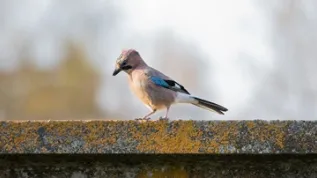
Many bird species react to cuckoo calls even in winter, scientists have discovered.
In an attempt to better understand the behavioural ecology of birds, researchers from Poznań University of Life Sciences looked at what would happen if cuckoos didn’t migrate south during winter but stayed in Poland.
During the breeding season, many species of birds recognize the cuckoo as a threat because it lays its eggs in their nests, leaving them to be raised by their hosts. Scientists hypothesised that these birds would also react to cuckoo calls in winter, potentially as a preventative measure to protect future breeding sites.
'Please note that this is also a broader illustration of the phenomenon: when organisms have time to prepare for potential problems’, says Professor Piotr Tryjanowski, first author and originator of the study.
To test this hypothesis, a team of researchers conducted sound reproduction experiments in the winter of 2021/2022 in two regions of Poland - Podlasie and Wielkopolska. They used high-quality recordings of male cuckoo calls and compared the birds' responses to these calls with their responses to the calls of wood pigeons, a control species that posed no threat to the birds.
The results of their experiments have just been published in Scientific Reports.
Experiments have shown that numerous species of birds do respond to cuckoo calls in winter. Interestingly, cuckoo hosts - the species typically used by cuckoos - responded to these calls more often than non-host species. However, these responses were generally weak; the birds did not approach the sound source, probably due to the lack of direct threat to the breeding sites.
'Interestingly', says Professor Artur Goławski from the University of Siedlce, co-author of the paper, 'the study did not show a significant impact of temperature, time of day or winter progress on the birds' reactions, which suggests that the reaction to cuckoo calls is a constant behaviour, independent of these variables'.
Professor Łukasz Jankowiak from the University of Szczecin adds that the reactions were stronger among host species, which confirmed the hypothesis that cuckoo calls are perceived as potential threats even outside the breeding season.
The authors emphasise that this study opens new perspectives for understanding the behavioural ecology of birds. The results suggest that the presence of the cuckoo call in winter may trigger a warning mechanism, even when an immediate threat to breeding is absent. This behaviour may represent an evolutionary adaptation to reduce the risk of parasitism.
PAP - Science in Poland
zan/ kap/
tr. RL













